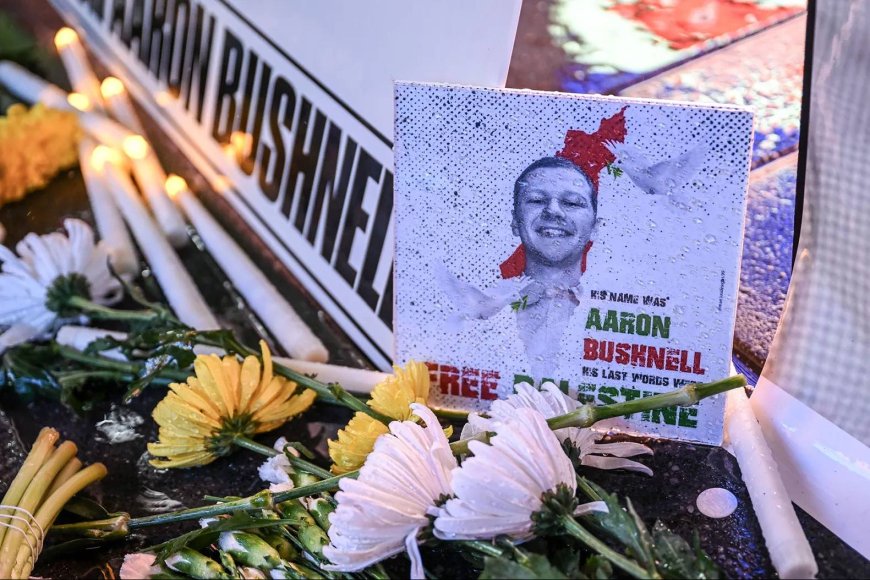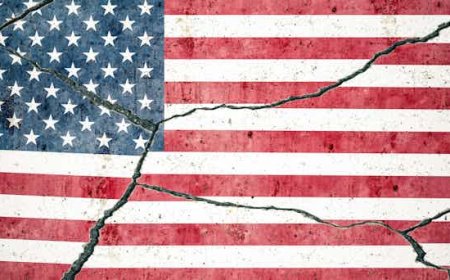Silent Flames: Aaron Bushnell's Sacrifice Unveiling Gaza's Ongoing Tragedy
In the aftermath of nearly five months since the commencement of the Israeli offensive on the Gaza Strip, resulting in the tragic loss of over 30,000 Palestinian civilians and leaving more than 71,000 individuals with grievous injuries, the humanitarian crisis unfolding in the Palestinian enclave has now reached a pivotal juncture. The current situation is marked by the persisting uncertainty of thousands missing and buried beneath the debris. Compounded by the mass displacement of Gaza's populace from their homes, the specters of hunger and infectious diseases cast ominous shadows over Gaza, posing existential threats to its 2.3 million inhabitants.

Against this backdrop of ongoing devastation and genocide, the unwavering support extended by the United States to the Zionist regime has garnered heightened public criticism. The Biden administration's endorsement of Israeli war crimes throughout the Gaza conflict, coupled with a reluctance to exert the slightest pressure on Tel Aviv to halt its military offensive, has incurred sharp rebuke and condemnation from various quarters, including prominent figures within the international community.
The manifestation of protests within the United States against the White House’s backing of the Israeli ethnic cleansing in Gaza underscores a growing discontent and disillusionment within large segments of American society. The poignant self-immolation act committed by an American pilot, Aaron Bushnell, stands as a profound gesture of solidarity with the Palestinian cause, offering a stark reminder of the moral imperatives at play in the ongoing genocide engulfing the Gaza Strip.
Bushnell's self-immolation, a poignant display of defiance against the injustices perpetrated in Gaza, not only serves as a symbolic gesture of resistance but also underscores a broader awakening within Western societies to the plight of the Palestinian people. As a matter of fact, the repercussions of such acts of dissent extend beyond mere symbolism, challenging the prevailing narratives of Israeli triumphalism and laying bare the fallacy of perceived victories in the face of mounting opposition and global condemnation.
Essentially, Bushnell's tragic act of self-sacrifice holds the potential to disrupt the prevailing status quo and galvanize efforts aimed at holding accountable those implicated in perpetuating the cycle of genocide and oppression in Gaza. As the flames of resistance persist, illuminating the injustices unfolding in Palestine, the international community stands at a crucial crossroads, obligated to respond to the call for justice and accountability amidst unspeakable suffering and loss.
The reverberations of Aaron Bushnell's self-immolation resonate extensively, challenging the US political establishment and narratives and compelling humanity to contemplate its collective conscience in the face of unrelenting brutality and injustice. As the world watches with bated breath, the paramount question endures: Will this act of defiance catalyze transformative change and pave the way for a just and enduring resolution to the Gaza conflict, or will it be consigned to the annals of history as yet another tragic chapter in the enduring saga of human conflict and suffering?













































